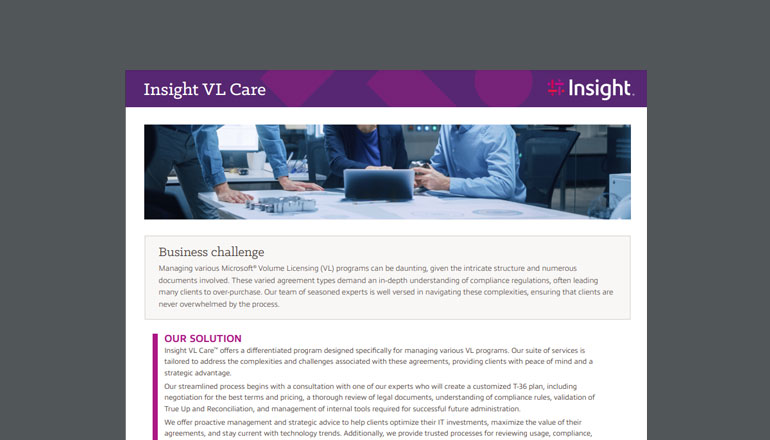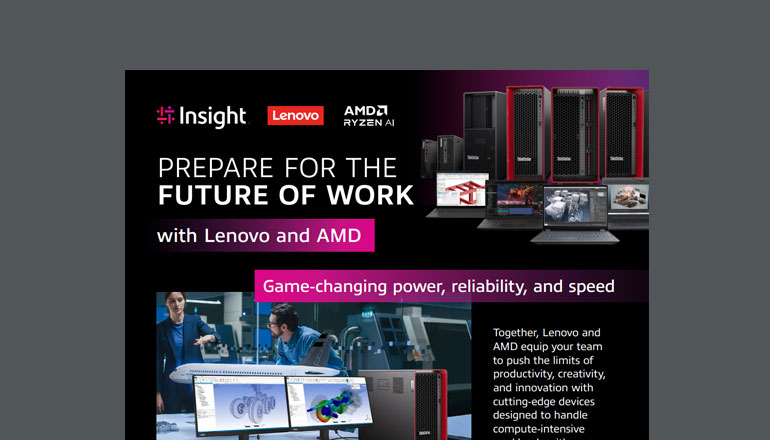Without systems integration, the IoT doesn’t work.
Traditionally, connectivity and integration issues could be solved by a systems integrator — an individual or company that unites disparate or subsystems to function together as a whole, or a system of systems. An individual systems integrator has predominantly been local with a small number experienced enough to work nationally and an even smaller number with global capabilities.
However, the growing scale and complexity of emerging tech now calls for even greater expertise.
Enter: the super solution integrator — a single team with expertise across all aspects of modern IT solutions to architect, manage and execute initiatives from end-to-end. A super solution integrator can transform a disjointed collection of software and hardware into a cohesive orchestrated IT architecture — clearing the way for a greater Return on Investment (ROI) and meaningful organizational change.
Due to the rapid rate at which technology is available and the rate at which innovation is occurring, the market is demanding more of this hybrid service provider and adviser role to walk a project from ideation to execution.
Even more sought after is a systems integrator with global capabilities, as digital transformation initiatives scale across countries and continents.
Benefits of a systems integrator
There's increasing awareness among organizations around the value of system integration assistance to help them overcome their IoT challenges.
“Only a handful of companies are large enough to appropriately staff the large architecture that’s required to support modern business — and it’s going to get worse,” says Jeff Shumway , chief information officer at Insight.
“Because of the speed of new technologies, processes and services available — tied to the expectations that companies are going to turn around and make these things available to teammates — there’s a gap. That’s where a super solution integrator comes into play,” he adds.
A super solution integrator has deep understanding of your industry and can be the conduit between your needs — both hardware and software — and the best IoT solution to help solve your technology challenges. Through rich experience, a super solution integrator can anticipate and mitigate common integration, communication and coordination challenges.
A super solution integrator provides four key business advantages:
- Specialized knowledge of the IoT landscape
- Rich experience in digital transformation, including integration of both legacy and modern IT solutions
- Deep understanding of operational technology in specific industries, providing an essential bedrock of information from which to attach an IoT project
- Strong partner relationships balanced by an unbiased technology choice
The last advantage might not seem like much, but a lack of brand loyalty shouldn’t be overlooked.
“Hardware and software providers have a cult following,” Shumway explains. “Most internal techs tend to line up behind a specific hardware or software provider. A true super solution integrator will be vendor- or technology-agnostic — they’ll focus on what the client actually needs.”
Additionally, super solution integrators inherently use a methodology for continuous improvement as part of the job — so the integrations and solution architectures they work on are continually becoming more effective.
Should you partner with a super solution integrator?
Engaging with a super solution integrator isn’t limited to the enterprise world. Arguably, small to medium businesses can experience the greatest ROI from contracting with a super solution integrator rather than hiring full-time (and expensive) employees.
“Unless you’re a large organization, you won’t need those skills more than two to three months at a time. You’ll build the architectures and strategies, and then you’re done for a few years,” Shumway says.
“Mid or small, you’re better off with a super solution integrator because they’ll have experience with many companies. They’ll have ‘been there, done that’ through a multitude of circumstances and industries.”
Here are five questions to help you evaluate your need for a super solution integrator:
- Are you planning a large-scale, transformative IT project?
- Is your organization facing a skills gap with a steep learning curve?
- Do you need specific expertise for a short-term project?
- Are you facing an aggressive timeline?
- How long or often will you need that skill?








